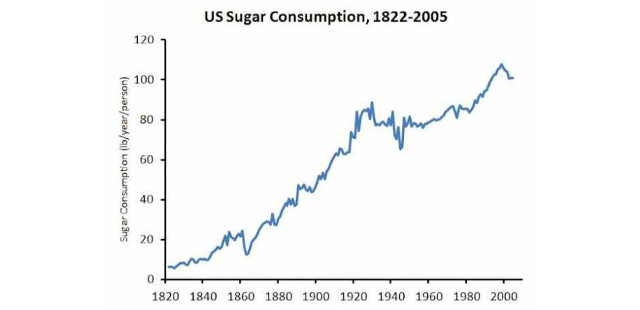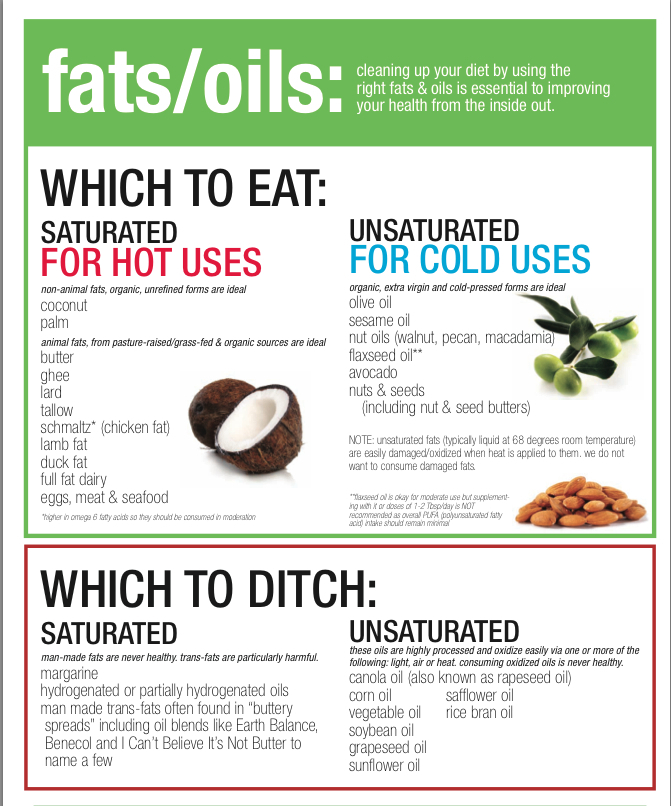The danger isn’t only for the highest consumers; 71.4 percent of the subjects in the study consumed 10 percent or more of their daily calories from added sugar—and that is where the significant increases in risk begins.
There are no established limits by the United States Food and Drug Administration (FDA) for added sugar so it’s caveat emptor. The American Heart Association’s stance is very clear [3]:
“…there are several reasons why sugar consumption should be limited…Shorter-term studies show consistent adverse effects of sugar consumption on HDL and triglyceride levels, which could accelerate atherosclerosis. High sugar consumption may worsen diabetes control, and the combination of sugar with protein and fats promotes formation of dietary AGEs, which may be especially detrimental to those with diabetes…high-sugar foods, which are sweet and calorie dense, may increase calorie consumption and lead to weight gain. Furthermore, replacement of whole foods with high-sugar foods compromises attainment of adequate dietary vitamin and mineral intake from whole food sources. Sugar has no nutritional value other than to provide calories.”
Avoid Highly Processed Foods

Most processed foods add sugar, including breakfast cereals, yogurt, tomato sauce, and soft drinks. Recent studies have shown that sugar (not fat) raises cholesterol levels and causes weight gain—in ways you may not even be aware: sugar is more addictive than cocaine, dampens the hormone leptin so you overeat, causes inflammation, and makes your body resistant to insulin (did I hear the big “D” word?).

Sugar causes cancer, dementia, and liver failure. The average teenage boy will ingest 34 teaspoons of added sugar PER DAY. The sugar overdose starts at the very beginning: it’s even in infant formula. The damage has a cumulative effect, however, it can be reversed if you stop consuming added sugar.
Misconception About Healthy Fats

Up until recently, fat in the diet was blamed for obesity and heart disease. It has come to light, in view of all the recent studies linking sugar to these conditions, that science has figured out that healthy, naturally-occurring fats (like olive and coconut oils, avocados, and nuts) are necessary to our diets and are not why we gain weight. On the contrary:
“Among persons at high cardiovascular risk, a Mediterranean diet supplemented with extra-virgin olive oil or nuts reduced the incidence of major cardiovascular events. ”[4]
Independent of other sources of calories, including fats, one study showed a highly significant increase in risk of diabetes when sugar intake was increased by just one can of soda per day [5]. No other changes in food types (e.g., fats, meats, cereals) had any effect on the risk.
There is enough empirical evidence now available to prove that added sugar causes all sorts of disease and general malaise. Until the medical and food manufacturing powers get in line with the facts now revealed, it is prudent to take your sugar—and literally, your life—into your own hands and keep added sugars out of your diet.
How to Go About Choosing Healthy Fats


